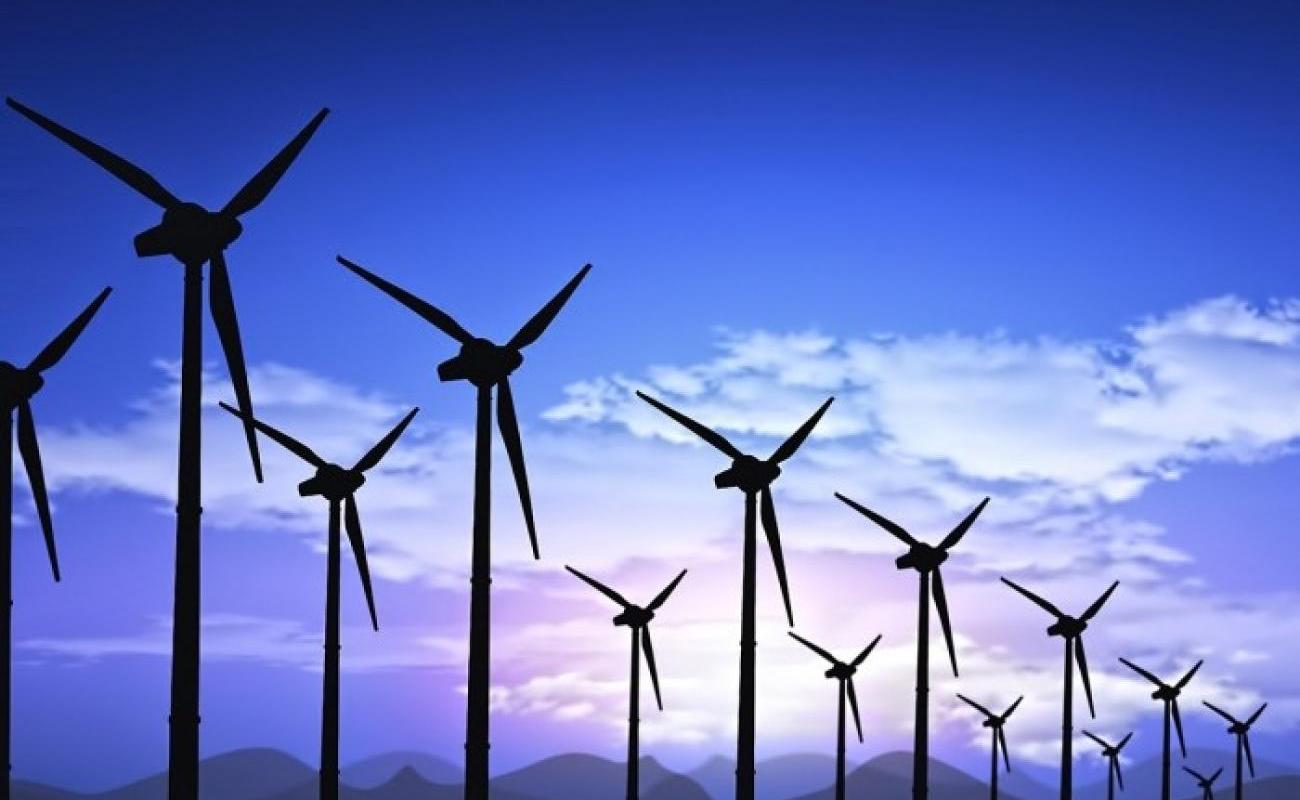EU starts investigation into Chinese wind turbines under new Foreign Subsidies Regulation

The EU Commission today announced that it will launch an inquiry into Chinese suppliers of wind turbines under the new Foreign Subsidies Regulation. The announcement comes as Chinese wind turbine manufacturers are pushing hard and winning some orders in Europe. They offer cheap turbines and generous finance which distorts the integrity of the European market and disrupts fair competition.
Europe wants to strengthen its energy security and maintain its technology leadership in strategic clean tech sectors such as wind energy. Last year the EU adopted its Wind Power Package to strengthen Europe’s wind industry. Since then the EU has been closely monitoring possible unfair trade practices which benefit foreign manufacturers.
Today Commission Executive Vice-President for Competition Margarethe Vestager announced that the EU will use its new ‘Foreign Subsidies Regulation’ (s. below) to launch an inquiry into Chinese wind turbine manufacturers. The EU will initially investigate unfair trade practices in 5 markets: Bulgaria, France, Greece, Romania, Spain.
Announcing the new inquiry Commissioner Vestager said that the large excess capacities of subsidised Chinese wind turbines “is not only dangerous for our competitiveness. It also jeopardises our economic security.” She added that the EU must not repeat the mistakes it did in losing its solar manufacturing industry.
The EU needs to defend the integrity of the European market, ensure fair competition and create a level playing field between European and Chinese turbine manufacturers.
“We fully understand the Commission’s rationale,” said WindEurope CEO Giles Dickson. “Chinese wind turbine manufacturers are offering much lower prices than European manufacturers and incredibly generous financing terms with up to 3 years deferred payment. You can’t do that without unfair public subsidy. What’s more the European manufacturers aren’t allowed to offer deferred payment like that under OECD rules.”
Chinese wind turbines are being offered in Europe at up to 50% lower prices than Europe-made turbines. The deferred payments effectively mean that Chinese manufacturers offer their turbines for free until the wind farm operator has 3 years of revenues.
The EU wants to increase its wind energy capacity from 220 GW today to 425 GW by 2030 and 1,300 GW by 2050. As things stand nearly all the wind turbines built in Europe today are European wind turbines – produced by European manufacturers and assembled in Europe. But there is a very real risk that the expansion of wind the EU wants will be made in China, not in Europe.
The EU wants to avoid that. More broadly, it wants to strengthen its energy security and understands the dangers of an over-reliance on China for strategic clean technologies like wind. In her State of the Union speech last September Commission President von der Leyen said: “the future of our clean tech industry has to be made in Europe”.
The Commission then adopted an excellent Wind Power Package – with 15 immediate actions to strengthen Europe’s wind industry. 26 EU Member States then endorsed this and committed to act on it by signing a European Wind Charter.
Action Point 12 of the Wind Power Package commits the EU to “protect the internal market against trade distortions and threat to security and public order”. The Commission has since been monitoring potential trade distortions and unfair subsidies which benefit foreign wind turbine manufacturers. Point 12 says “if justified, the Commission will activate its trade defence instruments” to protect the European wind industry from unfair competition.
Europe’s wind industry employs 300,000 people and contributes €49bn to EU GDP. This will rise to over 500,000 jobs by 2030 if the EU delivers on its wind targets with European kit.
The Foreign Subsidy Regulation
Under the Foreign Subsidies Regulation the Commission has the power to investigate the existence and the effects of foreign subsidies and impose redressive measures once a distortion of competition has been established. During the investigation the Commission will assess all sorts of evidence of alleged unfair practices. Based on the evidence gathered the European Commission may go into an in-depth investigation. It would then have an 18-month deadline.
CONCLUSION
The initiation of an investigation against Chinese wind turbine manufacturers by the European Union is yet another attempt to protect European manufacturers from unfair competition from China. Chinese manufacturers (not only of wind turbines but also companies in general operating in the EU market and the Western Balkans) can rely on generous state subsidies, making them unfair competitors in the EU market (and also in the Western Balkans).
For years, in Bosnia and Herzegovina and other Western Balkan countries, we have witnessed contracts being awarded to Chinese companies (especially in the construction of infrastructure and energy facilities) under, at the very least, non-transparent circumstances. Although these involve public funds, contracts signed by domestic institutions with Chinese companies are kept secret, especially the financial aspects that interest the public the most. Few media outlets and NGOs that speak about this issue usually do not receive adequate coverage, and there is little interest among domestic politicians to address this issue more seriously and initiate efforts to legislate fair market competition, as attempted in the EU.
The fact is that in Bosnia and Herzegovina and the Western Balkan countries, there are no significant companies engaged, for example, in the production of equipment for wind turbines that could be threatened by unfair competition from China. However, China generously provides state subsidies to Chinese companies in all areas, so it is only a matter of time before companies in the metal, wood, and similar sectors come under the "attack" of Chinese companies. This is something that domestic companies and politicians should take into account and create mechanisms to protect domestic production, following the EU's example.
